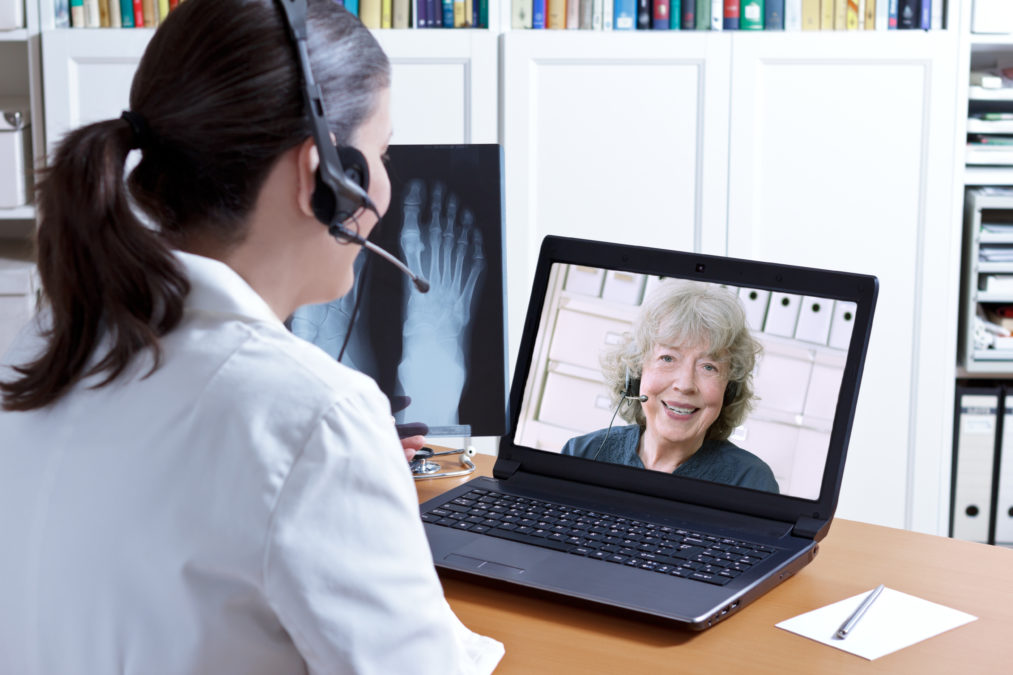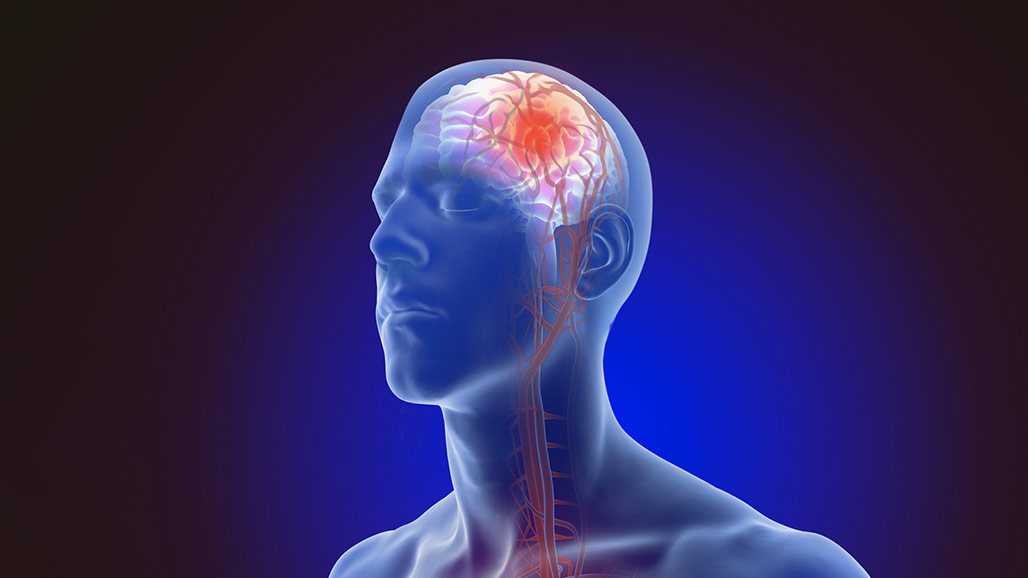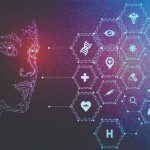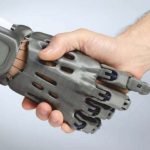To prepare for current and future waves of COVID-19, the US Army's Telemedicine and Advanced Technology Research Center asked teams from across the country to compete to build a telehealth prototype that would provide adequate ICU capacity when cases surge. Of the 78 teams that competed, only nine were invited to complete a series of tasks designed to establish the feasibility of their prototypes. A Medical University of South Carolina team of bioinformatics, telehealth and critical care experts was one of those…














